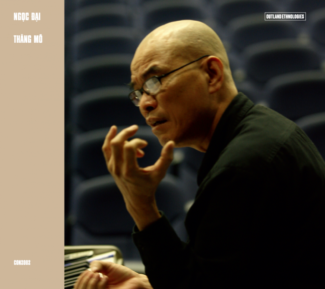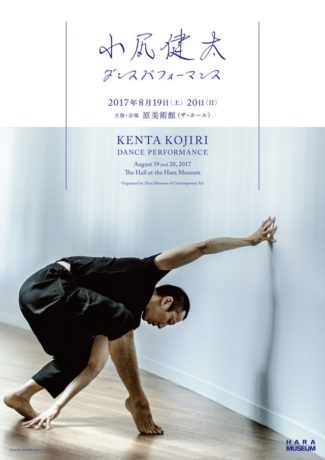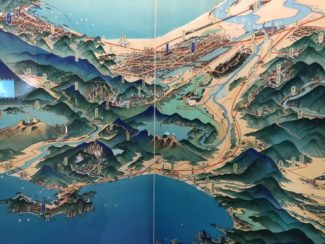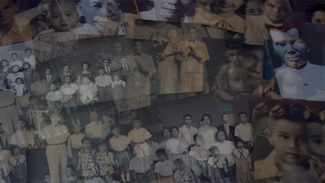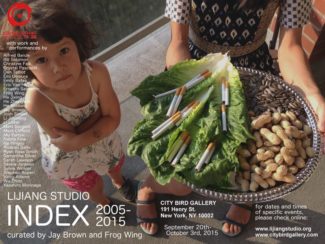LIFE ENTANGLED
At a time when climate change and natural disasters are driving the world into an unprecedented crisis, we are confronted with the limits of an attitude that views nature and ecosystems as mere exploitable resources. Life Entangled — The Secret Story of Shellac is a performative sound installation that explores the cultural relationship between objects and humans through a multidimensional narrative centered on shellac , a natural resin derived from the insect Kerria lacca , a material deeply rooted in our daily lives.
The collaborative project between Yasuhiro Morinaga and Robert Millis proposes a world in which thought and representation are not the exclusive privilege of humans, but also grants prominence to ecosystems and non-human entities. By highlighting the intricate and often invisible connections between humans and the non-human world, this work invites a broader and more inclusive perspective on life, agency, and interdependence, exploring the fundamental question of all life: what does it mean to live?


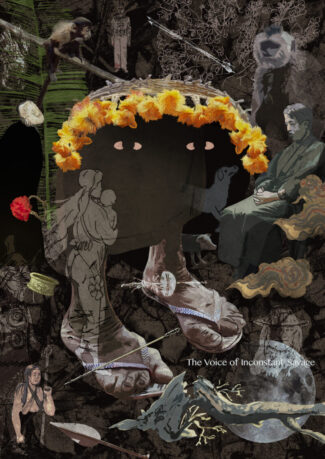
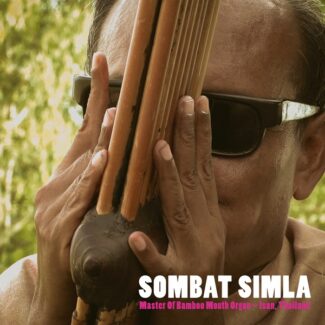
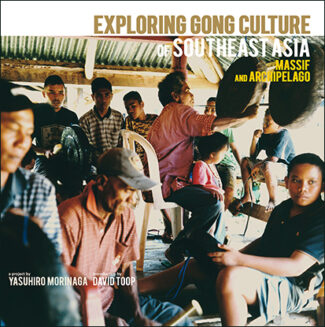
![Yasuhiro Morinaga presents Field Recording Series Slamet Gundono [Surakarta, Indonesia]](https://www.the-concrete.org/wp-content/uploads/2014/10/gundono_main-325x290.jpg)
